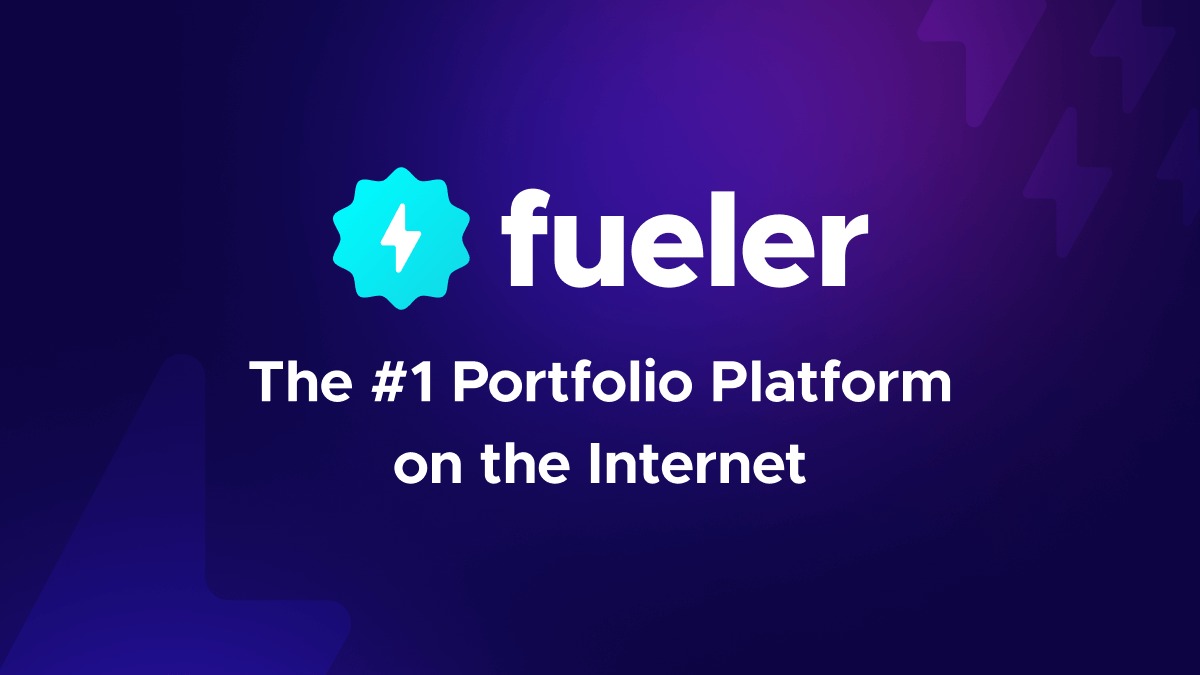B2B Marketplaces in the US: What’s Working in 2025?

Riten Debnath
22 Sep, 2025

The world of B2B (business-to-business) marketplaces in the US is evolving rapidly in 2025. Companies buying and selling goods and services online demand more speed, convenience, and reliability than ever before. Whether you’re a seller, buyer, or professional supporting B2B commerce, understanding what’s working in B2B marketplaces today is key to staying competitive and winning big in this booming space.
I’m Riten, founder of Fueler, a platform that helps freelancers and professionals get hired through their work samples. In this article, I’ve walked you through the most in-demand freelance skills for 2025. But beyond mastering skills, the key is presenting your work smartly. Your portfolio isn’t just a collection of projects, it's your proof of skill, your credibility, and your shortcut to trust.
1. Self-Service Buying Simplifies B2B Sales
B2B buyers want to quickly find, compare, and purchase products online just like consumers do. Self-service portals and online storefronts let businesses buy bulk and custom products with minimal friction.
- Easy product discovery: Detailed catalogs and advanced search filters help buyers find exactly what they need quickly.
- Bulk ordering & custom pricing: Buyers expect flexible pricing options for volume purchases and contract terms.
- Online payment: Secure credit card and digital payment options speed up purchase approval.
- Real-time inventory: Transparency reduces backorders and delays.
Why it matters: Self-service buying empowers businesses to shop on their own terms, increasing order frequency and satisfaction. Sellers using efficient eCommerce storefronts gain revenue growth and customer loyalty in 2025’s fast-paced B2B market.
2. Specialized Industry Marketplaces Dominate
Vertical-specific marketplaces, dedicated to industries like healthcare, industrial equipment, or pet supplies, are thriving as they offer tailored experiences.
- Curated listings: Industry-focused products with verified suppliers ensure quality.
- Value-added services: Financing, logistics support, and product customization tailored to sector needs.
- Trusted partnerships: Strong relationships with industry suppliers build buyer confidence.
- Compliance & certifications: Marketplaces help buyers comply with sector-specific regulations.
Why it matters: Specialized marketplaces solve unique challenges that generic platforms can't address. Sellers using these channels reach highly targeted buyers more efficiently and close deals faster in 2025.
3. AI-Powered Personalization Enhances Buyer Experience
B2B buyers expect personalized product recommendations, pricing offers, and support similar to consumer experiences.
- Product suggestions: AI analyzes past orders and browsing to show relevant products.
- Dynamic pricing: Real-time adjustments based on buyer relationship, quantity, and market conditions.
- AI chatbots: Provide instant help and order guidance 24/7.
- Predictive analytics: Forecast buying needs and automate reorder prompts.
Why it matters: AI-driven personalization improves buyer satisfaction and increases average order sizes. Marketplaces leveraging AI gain a competitive edge by delivering smarter, faster shopping journeys in 2025.
4. Omnichannel Integration Creates Seamless Experiences
B2B buyers want to interact through many channels online, mobile apps, sales reps and expect consistency.
- Unified data: Shared inventory and pricing info across platforms prevent confusion.
- Consistent branding: Same product info, pricing, and support across digital and offline touchpoints.
- Mobile apps: Buyers can place orders or approve quotes on the go.
- Integration with ERP: Smooth backend connectivity syncs orders and inventory with buyer systems.
Why it matters: Omnichannel strategies reduce buyer effort, increase engagement, and ensure smooth order fulfillment. Businesses embracing omnichannel B2B marketplaces lead in customer retention and loyalty in 2025.
5. Sustainability and Ethical Sourcing Are Growing Priorities
Buyers increasingly demand transparency around the environmental and social impact of products and suppliers.
- Verified green products: Certifications and product reporting assure buyers.
- Sustainable packaging: Marketplaces encourage suppliers to reduce plastic and waste.
- Carbon footprint tracking: Features that measure and communicate environmental impact.
- Cause marketing: Support for social and environmental initiatives resonates with buyers.
Why it matters: Prioritizing sustainability helps marketplaces and sellers build trust and loyalty with conscious B2B buyers, positioning them ahead in 2025’s socially responsible business climate.
How Fueler Helps Professionals Thrive in the B2B Marketplace Ecosystem
Success in B2B marketplaces depends on trust and demonstrated expertise. Fueler empowers professionals such as marketers, designers, and sales experts to showcase verified project work and case studies in a clean portfolio format. This builds instant credibility with B2B clients and companies seeking skilled freelancers to support their digital selling and marketing efforts. Having a strong Fueler portfolio is a strategic advantage in the competitive B2B marketplace environment of 2025.
Final Thoughts
B2B marketplaces in the US are transforming with self-service buying, specialized vertical platforms, AI personalization, omnichannel integration, and strong sustainability focus. Companies and professionals who adapt to these trends with the right tech and skills will capture greater market share and revenue growth. Building trust through verified expertise and clear portfolios like Fueler offers a winning edge. Staying informed and agile in these dynamic marketplaces is critical for success in 2025 and beyond.
FAQs
1. What are the top B2B marketplace trends in the US for 2025?
Self-service buying, industry-specific platforms, AI personalization, omnichannel experiences, and sustainability are key trends.
2. How do specialized B2B marketplaces differ from general ones?
They focus on specific industries with curated products, compliance support, and tailored services.
3. Why is AI important in B2B marketplaces?
AI personalizes buying journeys, improves product recommendations, and automates customer support.
4. What role does omnichannel play in B2B sales?
It ensures buyers have a seamless, consistent experience across online, mobile, and offline channels.
5. How can professionals showcase work to succeed in B2B marketplace roles?
Using platforms like Fueler to present verified projects and case studies builds credibility and attracts better opportunities.
What is Fueler Portfolio?
Fueler is a career portfolio platform that helps companies find the best talents for their organization based on their proof of work. You can create your portfolio on Fueler, thousands of freelancers around the world use Fueler to create their professional-looking portfolios and become financially independent. Discover inspiration for your portfolio
Sign up for free on Fueler or get in touch to learn more.


